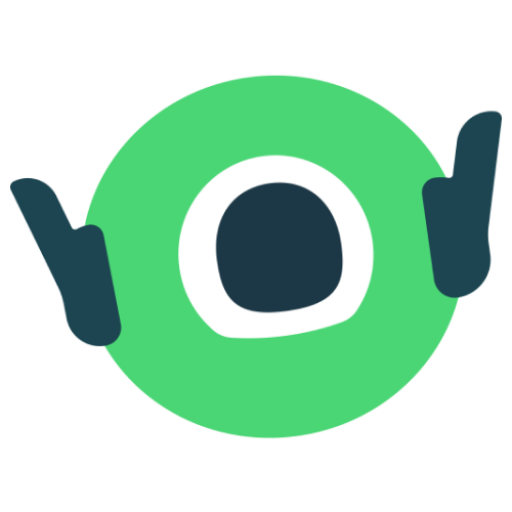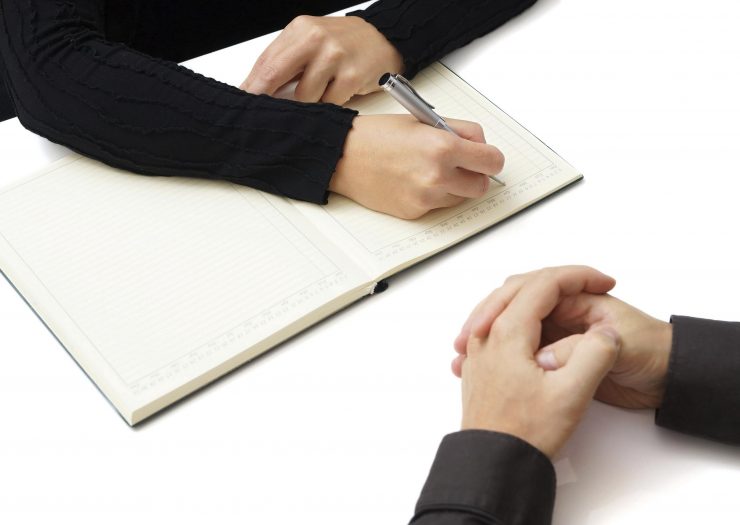by Paul Keijzer
Today I’d like to go back to the basics. I think it’s important to review our foundations every now and then. Just to make sure that we’re beginning at the right starting point. So, before you read any further, take a minute to jot down (even if it’s just in your head) the three interview questions which are crucial to any interview you take. Not the questions like “What’s your name?” but instead think about the ones that you ask to learn about a candidate. Got them?
Okay, here are mine. If any of them differ from yours, reflect upon why you like the ones you use and consider if it’s getting the results you want.
1. Tell me about yourself.
There’s so much I’m looking for in this question. First up is the person’s confidence. There are a great number of people who reply with “What would you like to know?” and that really isn’t the answer I’m looking for. I don’t want to hear much about anyone’s personal life – a little bit is always welcome of course. But specifically, I want to hear about how well they think they’ll fit into my company and into the job I have for them. Like I said, it shows me their confidence – but it also shows me whether they’ve done research into my company. I want to know if they’ve come prepared for the interview.
2. Tell me about a time you failed at a goal you needed to achieve.
I’ve previously talked about why I ask this question instead of “What’s your greatest strength and weakness?“ By asking this, I want an understanding of how this person analyzes their own failures. It’s not about what they failed at all or even why they failed. It’s mostly about what they learned from this failure and, if they’re really good, how they implemented (or plan on implementing) this lesson in the future. If they can tell me that last part without being prompted…they’ve got a good chance of being hired.
3. Tell me about a time you succeeded at a difficult task.
I ask this instead of asking, “Why should we hire you?” The insight this question provides is how the candidate handles challenges and pressure. I want to see what they consider to be a difficult task and the specific components of this task. It lets me gauge whether the candidate has challenges handling people, tough deadlines, limited resources or big projects. It gives me an insight into this person’s weaknesses and how they go about solving hurdles they feel are challenging.
You know, after writing this post, I myself realized that interviewing is really about being able to read between the lines. In the short time that people have with a candidate all interviewers are trying to extract as much information as possible. Almost any question asked (if not all) are a double-edged sword. There’s the question the interviewer is asking and then there’s the information they’re actually looking for.
This article was written by Paul Keijzer from Business2Community and was legally licensed through the NewsCred publisher network. SmartRecruiters is the hiring success platform to find and hire great people.






